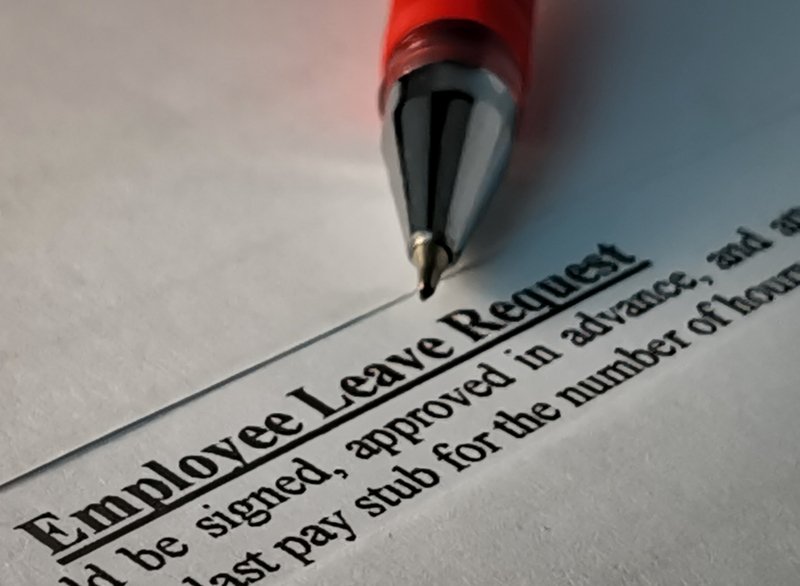Under the Working Time Regulations 1998, employees are entitled to take a minimum of 5.6 times their normal working week as paid annual leave each year.
As employees typically place great significance on their holiday entitlement, the act of declining an annual leave request can often be met with annoyance.
Despite the common misconception that employees can take annual leave whenever they like, employers maintain the right to deny leave requests if they choose to.
Employers are advised to lay out clear guidelines on booking annual leave in their workplace policies, as having an appropriate policy in place will encourage staff to follow the correct booking procedure and provide the necessary framework to decline holiday requests that fail to comply with the business rules.
Have a clear annual leave policy
It is common for employers to place a cap on how many individuals from a particular team or department are able to be on leave at once to ensure service levels are maintained. This is particularly important in smaller organisations with fewer members of staff to cover workplace duties.
Flexible employers may consider allowing a small overlap of 1-2 days, especially during the popular summer months, or encourage employees that require the same time off to work out a solution between themselves. Having said this, employers are under no obligation to allow overlapping requests and may refuse these wherever necessary.
Many employers also have rules surrounding the appropriate amount of annual leave that can be taken in one go to prevent staff from taking their entitlement all at once.
Most will allow staff to take a maximum of 2 continuous weeks at any one time, to ensure a prolonged absence does not have an adverse impact on the business.
Employers may choose to approve requests for longer periods under certain circumstances if they wish, including where an employee is getting married or wants to take a holiday of a lifetime.
Seasonal restrictions on annual leave
Seasonal restrictions may also be enforced to prevent employees from exercising their right to annual leave during certain times of the year. This approach is perhaps most common in the retail industry where leave requests are prohibited during the peak shopping period before and after Christmas.
Although employers may reject annual leave requests under certain circumstances, employees must be permitted to take their leave entitlement within the allocated leave year as failure to reasonably allow this could result in costly tribunal claims.
With this in mind, employers should encourage staff to take leave wherever possible. Line managers should discuss holiday schedules with their teams to highlight suitable periods where leave can be taken and avoid creating a situation where excessive workloads result in presenteeism.
Ultimately, while employees are entitled to time off work, the employer has the right to control when this is taken.
Free Tide Business Bank Account - £50 Cashback!

Open a free business current account to qualify + enjoy 12 months free transactions. Read our Tide review.
Time off work can be hugely beneficial for employers to rest and re-focus their minds, therefore it is important that clear channels of communication exist to ensure leave can be taken with minimum impact on the business.
This guide has been written exclusively for ByteStart by Peter Done, Managing Director of Peninsula Business Services – the UK’s leading specialist Employment Law, HR and Health & Safety service.










